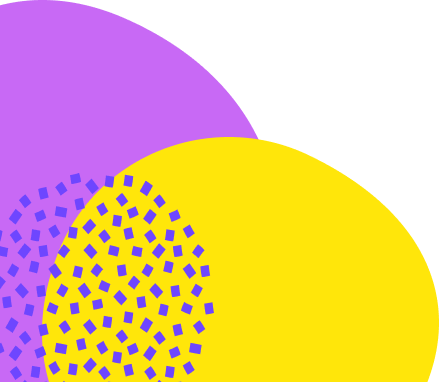What is the past tense of "drink"?



Hello,
Sure, I can help!
The Past Simple form of 'drink' is 'drank' - Here is an example, 'I drank orange juice yesterday' - this could be in answer to the question for example, 'What did you drink yesterday?'
However, the Present Perfect form of 'drink' is 'drunk' - This form will always be used with 'have/has' in answer to questions such as 'Has she drunk milk before?/Have you drunk orange juice in the past year?' - then your answer could look as follows, 'No, she hasn't drunk milk before/Yes, I have drunk orange juice in the past year'.
I hope this helps in your use of 'drank' and 'drunk'.







